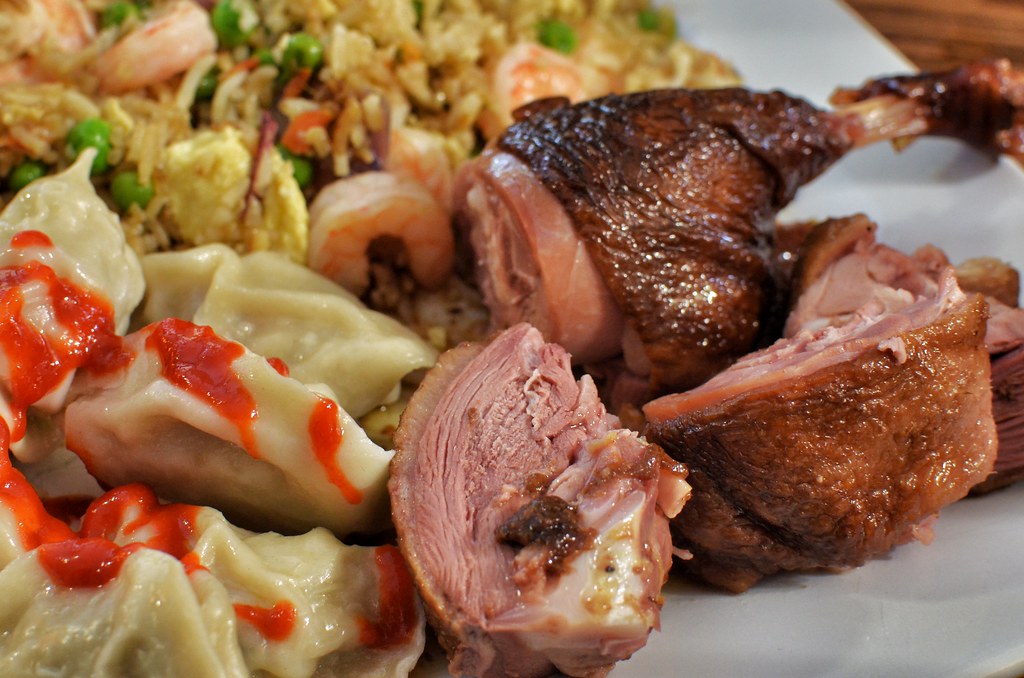Navigating the social minefield that is dietary restrictions can sometimes feel like you’re walking on eggshells, especially when you’re trying not to come off as pretentious or superior. It’s a delicate balance between honoring your health needs and not alienating yourself from the joy of shared meals and treats.

If you’ve ever found yourself in a situation where you’ve had to decline a sugary or carb-laden offering from a friend, you know exactly what I’m talking about. It doesn’t have to be this way, though. There are strategies for gracefully declining foods that don’t fit your dietary needs without coming off as judgmental or self-righteous. Let’s dive in.
Let’s address the elephant in the room: the perception of superiority.
Many of us have been in situations where we’ve had to decline food offerings due to health reasons, personal choices, or dietary restrictions. However, the way we communicate our declines can greatly influence how our choices are perceived. Saying ‘No, thanks, I don’t eat carbs’ can sound dismissive and slightly judgmental, especially if not everyone is privy to the reasons behind your dietary restrictions. It’s crucial to navigate these conversations with sensitivity and awareness of how your words may be interpreted.
One approach is to shift the focus from what you can’t eat to what you can enjoy.
Instead of emphasizing the foods you’re avoiding, try highlighting the foods you do eat and enjoy. For example, ‘I’m really focusing on eating more veggies and proteins right now, but thank you!’ This not only softens the decline but also opens up a conversation about healthy eating without the air of superiority.
Another strategy is to express gratitude and appreciation for the offer, regardless of whether you can accept it.
A simple ‘That looks amazing, thank you for offering! I have some dietary restrictions that I’m trying to stick to, but I really appreciate it,’ acknowledges the kindness behind the gesture and maintains the social bond. It’s a respectful way to decline while keeping the focus on the relationship rather than the food.

When in social settings, consider bringing or suggesting food options that align with your dietary needs but can also be enjoyed by others. This not only ensures that you have something to eat, but it also demonstrates that foods fitting your dietary preferences can be delicious and satisfying. Sharing food is a powerful way to connect, and by offering alternatives, you’re contributing to the communal experience without compromising your health.
Remember that humor can be a great way to diffuse potential awkwardness. A light-hearted comment like ‘I’m on a mission to become a veggie connoisseur, one salad at a time!’ can bring a smile and make the conversation about dietary restrictions less heavy. Just be mindful of your audience and the context; what’s funny in one situation may not be appropriate in another.
Navigating dietary restrictions in social settings doesn’t have to be a source of tension or discomfort. By focusing on what you can eat, expressing gratitude, offering alternatives, and using humor judiciously, you can gracefully decline foods that don’t fit your dietary needs without coming off as superior or dismissive. It’s all about maintaining the delicate balance between honoring your health and nurturing your relationships. After all, it’s not just about the food we eat, but the company we keep and the memories we create together.
Related posts:
A practical guide to cutting out sugar – Levels (levelshealth.com)
13 Simple Ways to Eat Fewer Carbs (healthline.com)
A Low Carb Diet Guide for Beginners – Diet Doctor





